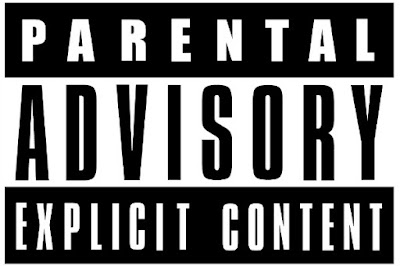A group of teenage girls are fighting to put an end to sexual harassment at gigs.
The five music fans – Hannah, Anna, Anni, Ava and Bea – are tired of having their nights out ruined by being groped by people in the crowd, and are determined to make a change.
Now they are encouraging bands and musicians across the country to speak out in support of the Girls Against campaign.
These girls are fed up of with having nights out ruined by being sexually harassed. Girls Against are raising campaign support from UK bands and musicians. Hannah Camilleri, 17, formed the group after she was assaulted at a gig.
Hannah Camilleri, 17, formed the campaign after she was groped at a gig by the band Peace in Glasgow.
She was pinned against the barrier in front of the stage and assaulted for five minutes by one of a group of men standing behind her.
‘Every time I tried to push him away he would push his full body weight into the barrier. I am not a very big person so I couldn’t do anything,’ Miss Camilleri told BBC Newsbeat.
This story is generally very interesting as no woman should be subjected to grouping anywhere and the fact that a group of young girls are standing up to this issue - particularly at concerts and gigs - is quite inspiring, especially as the leader of the group is only 17 years old. A very young age to be experiencing such harassment and a very young age to be campaign against such an issue. Their 10 point plan includes aims such as raising awareness; listening to people who tell their stories and how it’s affected them; working on establishing a solid safety plan for gigs; and planning on branching out to festivals and clubs.
The group of 5 girls are aware that sexual harassment will be "difficult to conquer" however they will continue to "encourage suggestions to solve the problem".












